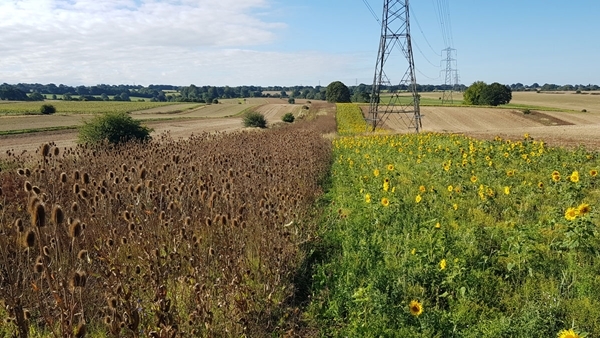
It's very welcome to see Defra developing the concept of Nature Markets in its recently released report, the Nature Markets Framework. As the Agricultural Transition Period progresses and direct support payments drop away, it’s vital for farms to assess alternative income streams.
The Environmental Land Management scheme and Sustainable Farming Incentive will form the core of many farms’ future plans for more sustainable farming and land management. However, for a long time, it has been clear that the budget set aside for these schemes is insufficient to meet the government’s own legally binding commitments for the environment and to deliver long-term security for farm businesses across England.
Nature markets are therefore anticipated to become a major strand of future farm income, whether trading for biodiversity net gain, nutrient offsetting, or carbon sequestration. However, one of the major barriers to the development of this market is the lack of clarity and confidence around the transparency and credibility of many of the schemes in the current marketplace.
Indeed, the profusion of competing codes, sampling protocols, and standards risks destabilizing and undermining the entire edifice of natural markets, which must, at their most basic, deliver genuine and verifiable natural capital gains.
Therefore, it’s welcome to see Defra set out the core principles that must underpin these developing markets, as well as a partnership with the British Standards Institution to develop a suite of high-integrity nature investment standards.
It was also recently announced that Defra will help develop a harmonised approach to measuring farm emissions, which will be a fundamental element of industry baselining and the journey to net-zero. At present, farmers are all too often bamboozled by the range of different approaches available, which can often yield drastically differing results.
This is a fast-moving field, but early establishment of robust monitoring, reporting, and verification standards is essential to enable confidence in this marketplace to develop. However, it must also be noted that private natural capital markets risk becoming a "postcode lottery," with access and availability widely varying across the country.
Provision must be made to support sustainable land management in all corners of England. The government must also ensure that private natural markets don’t become a "race to the bottom" on standards and costs and that our precious natural capital is effectively valued if we are to meet our obligations to future generations.
It was also good to see that Defra has worked on making all the farming rules easier to find on its website. Working with land managers and advisers, Defra has pulled together, on one webpage, an easy-to-follow list of the regulatory areas in farming – such as "keep livestock," "use pest control products," and "manage and dispose of waste." It then provides the relevant link to the rules that fall under each area.